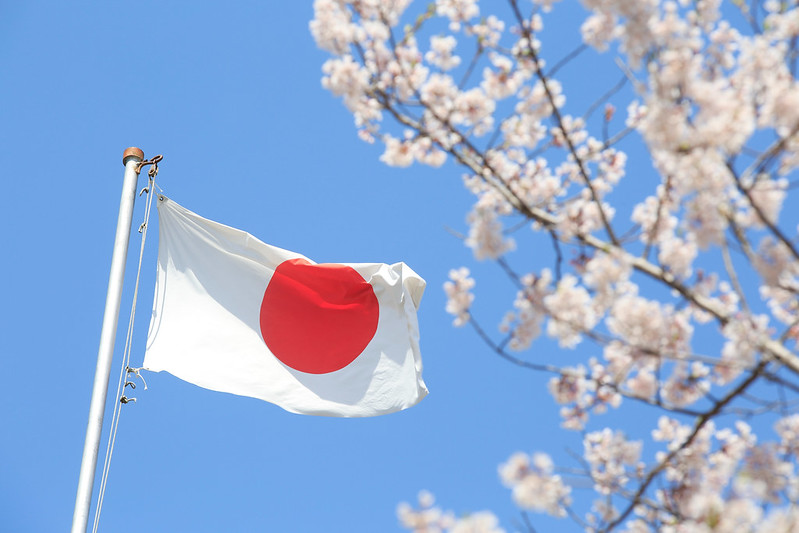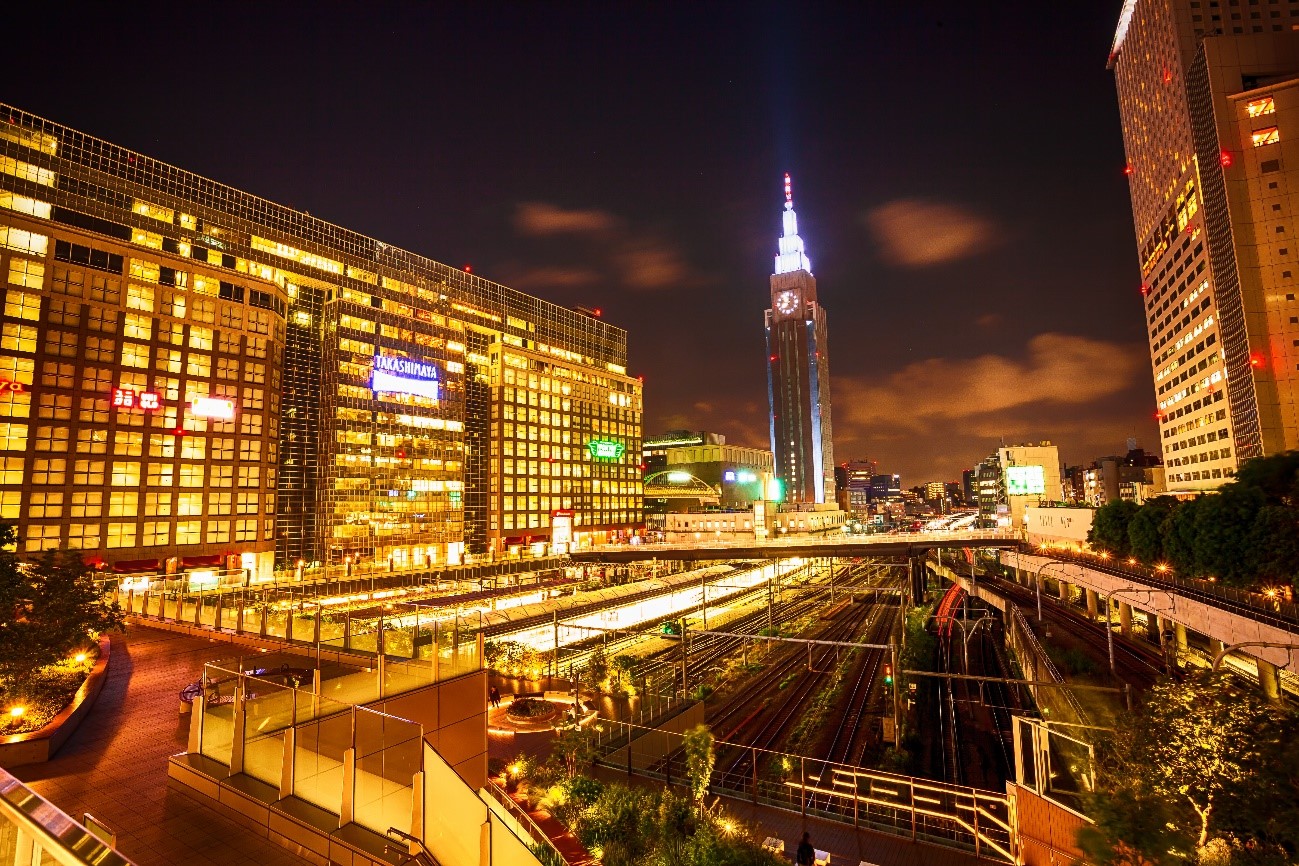When Success Needs Refinement
If you've made it to the top—CEO, general manager, or married into wealth—what’s next? Answers may vary around the world. But in Japan, there's a singular response whispered with reverence: Go to Ginza. The reason is simple: "All first-class men are in Ginza."

Japan’s urban landscape is a map of cultural archetypes. Shibuya is the "Street of High Schoolers", vibrant with youth. Shinjuku, filled with neon and nightlife, is the "Street of non sleep fun". Roppongi, dotted with embassies and vibrant bars, is the "Stylish Street". But Ginza is the "Street of Adults", and its prestige is carved into its sky-high land values. In 2019, Ginza’s Central Avenue shattered records for the 34th year, priced at 45.6 million JPY per square meter (approx. 2.97 million USD). According to Cushman & Wakefield, it ranks sixth globally in retail rent—almost double Shinjuku’s.
More Than Brands: The Real Ginza
From 1-chome to 8-chome, the streets are densely lined with luxury emblems: Tiffany & Co., Bvlgari, Louis Vuitton, Chanel, Shiseido, Apple, and more. The buildings are so closely packed that in the event of a strong earthquake. But simply walking through Ginza isn’t enough. The real test lies in discovering Back Ginza (里銀座)—a concealed network of alleyways, found only by those who know. It’s like finding a secret passage in Spirited Away, quiet and detached from the tourist buzz of the main street.

During the day, Back Ginza slumbers. But as night falls, it awakens with gentle elegance. Women in kimono float through the narrow lanes. The real Ginza night begins at 7 PM and ends before midnight—a legal limit imposed on adult entertainment businesses. While controversial, many say this rule ensures patrons can return to work the next day without regret.
The Clubs That Shape Power
Unlike the non sleep night scene in Kabukicho, Ginza’s clubs don’t mind the early closing hours. Their clientele—politicians, corporate titans, and entertainers—don’t stay up late. During Japan’s bubble economy, Ginza hosted over 3,000 clubs. Today, only a fraction remain, but they still attract the highest echelon of society.

At the legendary Sukiyabashi Club, writers like Yukio Mishima, Yasunari Kawabata, and Osamu Tezuka once mingled. Over ten Prime Ministers have visited. Its legendary mama-san, Shizuka Sonoda, even inspired the name of the character Shizuka in Doraemon.
The women working here? They’re no ordinary hostesses. Mama Takashima, who opened her first club at 24, speaks twelve languages. Her recruitment criteria? A Top level University degree, overseas education, or a TOEIC score above 900. Akari Shirasaka, a graduate of Waseda University, entered the club world to learn social skills—and ended up managing 10 mama-sans.

This high-end world is part of Japan’s famous 水商売 (mizu shōbai)—the "water trade," so called for its ephemeral nature. Reputation here flows like water: unpredictable, shimmering, and fleeting. A guest might visit three clubs in one night, speaking to over ten different women.
How Men Are Measured
The job isn’t just about charm—it’s about emotional intelligence. Mama-sans send handwritten New Year's cards (Shirasaka mails over 24,000 annually). They study their guests closely, offering comfort when needed, and gently guiding interactions. Takashima reportedly spends 1 million JPY a day just on luxury ingredients for her clients—grapes, peaches or the matsutake mushrooms (like Japanese truffle).

And the guests? They must be more than wealthy. They must be refined. As author Arimasa Osawa put it after visiting Sukiyabashi: “As long as you’re drinking here, you’re a real writer.”
Refinement is in the details. Polished shoes, clean fingernails, no flashy logos—just understated class. A Patek Philippe watch whispers sophistication; a bulky gold one screams nouveau riche. Having money means little if you don’t know how to spend it. The best guests smile softly at the bill, tell others it’s taken care of, and hand the hostess cash for a taxi home. No fuss.

One mama-san was invited to China by a guest in honor of her club’s anniversary. She was puzzled—he’d never shown romantic interest. But it turned out the client was carrying out the dying wish of his superior: “Please take care of her when I no longer can.” That promise lasted a decade.
Another guest once fell from riches to rubble—bankrupted overnight. Years later, he walked back into Ginza with a warm smile and one phrase: “I’m back.”
Of course, not all men pass the test. Some boast, flash political business cards, or crave admiration. In these cases, women deploy the classic “さしすせそ” (sa-shi-su-se-so): “Sasuga” (as expected of you), “Shiranakatta” (I didn’t know that), “Sugoi” (amazing), “Sensu ii” (nice taste), “Sou nandesuka?” (is that so?).

Confidence isn't about bragging—it’s about self-deprecating humor, quiet grace, and above all, patience. Many men believe three dinners is enough to win a woman. Shirasaka laughs: “No, no. Three is not enough. A woman must ache with anticipation. That’s when you know you’ve succeeded.”
Ginza as a Living Institution
Today, patience is not just romantic advice—it’s Ginza’s survival theme. The bubble burst, Lehman Shock, and COVID pandemic all hit Ginza hard. Some mama-sans lost 25 million JPY per month. But they didn’t give up. They launched crowdfunding, livestreams, and brand promotions. As Shirasaka said, “When men return to Ginza after failure, it would be unforgivable if we were no longer here.”
Many mama-sans marry, have children, yet remain in the club. It’s no longer a job—it’s a life. They now mentor young men in their twenties—newcomers who come not to flirt, but to learn. How do you speak with elegance? How do you lead? How do you love, without possessing?
And to them, the mama-san gently smiles and says:
“Please, make good use of Ginza.”
Related Articles
You may also like...
International Hostess Bar Since 1993
夢
ORIGIN
・ International Hostess Bar since 1993
・ Japanese Hospitality with International Service
・ Diverse and Charming Floor Ladies
・Located in Shinjuku, Tokyo
・Transparent Pricing
・Easy Online Reservations





.jpg)
















